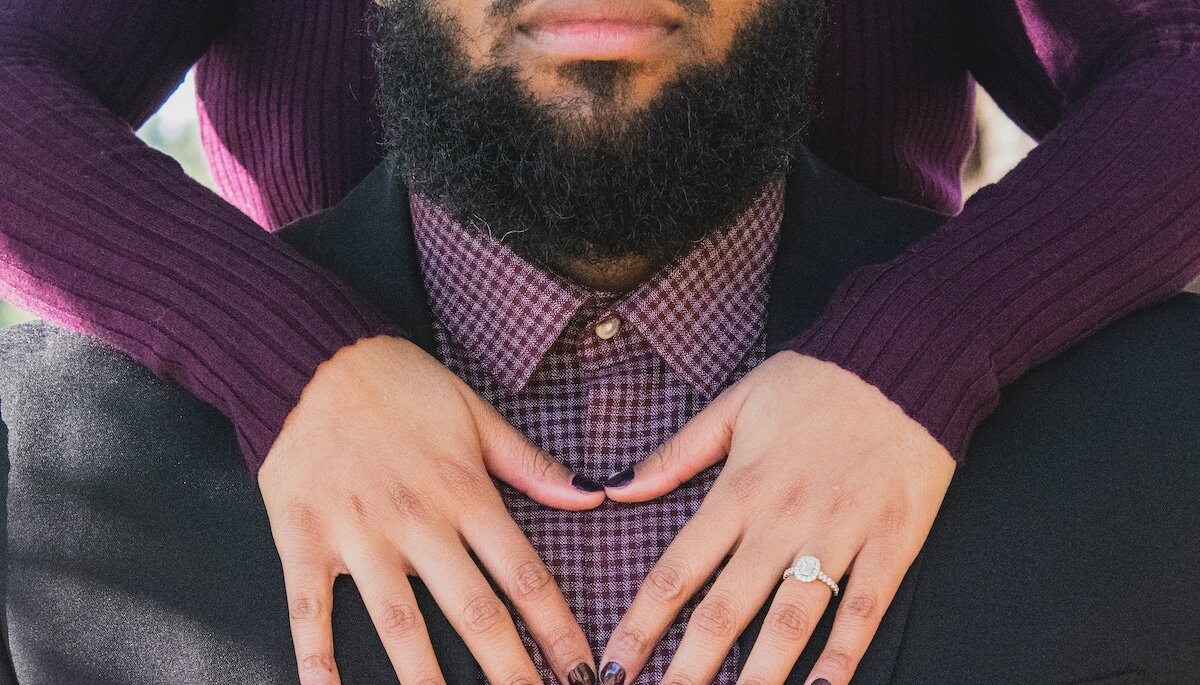It’s an assumptive question to ask, but nonetheless thousands of Americans go online and inquire “Why do athletes cheat in relationships?” on a monthly basis. The query is generally in response to some new infidelity scandal that has made supermarket tabloids. We don’t need to name names, but we all have at least one or more professional athlete in mind when pondering the same. However, is it even a valid concern? Is it something that a partner or spouse of an elite athlete must prepare for by default? And if evidence suggests that they are predisposed to unfaithfulness more than the general population, are there underlying issues that could be corrected via behavioral health intervention? Let’s find out.
An Examination Regarding the Perception of Athlete Predisposition to Infidelity and How Behavioral Health Intervention May Help
What Studies Have to Say
According to the NY Times, the divorce rate is 60-80% for NFL players and other professional athletes, compared to about 50% for the general population, with infidelity named as a causation factor. Further, Men’s Health recently reported on one dating website for married people (looking to have an affair) that revealed athletes are in the top 50-percentile of vocations that are most likely commit adultery through their service. There are many nuances to consider, however, namely temptation and access to opportunity. For instance, surveys have found that 54% of respondents would prefer to have an affair with a sports star than someone from the general population. Time away on the road for games and training camps (etc.) create more opportunity for those who are not emotionally mature enough to avoid caving to temptation. More on this below.
Married Too Early?
There is logical speculation that a number of elite athletes get married too young. They understand that once they gain fame that they will not know if romantic partners are interested in them, or their lucrative celebrity status. Consequently, they may marry their high-school of collegiate sweetheart, while not being emotionally/mentally advanced enough to commit for the long haul, or at least dissolve the union in an amicable manner before committing adultery.
“‘A friend of mine is a football player, and I asked him why he cheated on his wife,’ says Anita Hawkins [wife of Astros pitcher LaTroy Hawkins] He just said, ‘I love her dearly, but I feel like I got married too early and didn’t get to do what I wanted to do when I was young.'”
Sports Illustrated
Cooccurring Mental and Behavioral Health Issues
This is where we dive deeper into mental health considerations. Research consistently shows that elite athletes have higher rates of certain mental/behavioral health disorders compared to the general population. Common comorbid mental and behavioral health issues experienced by athletes include anxiety, stress, depression, and substance abuse disorders. All of these are in some way linked to infidelity.
Studies confirm strong associations between an anxiety disorder in one partner (in this case, an elite athlete) and perceptions of poor relationship quality by both partners. This may cause one (or both partners) to seek intimacy elsewhere. Meanwhile, PsychologyToday reports that depression accentuates an emotional wedge between couples, which can lead to infidelity. Stress may also be linked to extramarital affairs. When an individual has high levels of the stress hormone cortisol, plus the reproductive hormone testosterone, the chemicals may work together to compromise decision making. Lastly, the AddictionCenter reports on how substance abuse and infidelity are closely linked.
Peer Pressure and Adultery Culture in Professional Sports
Make no bones about it, adultery culture persists in professional sports. Steven M. Ortiz, an assistant professor of sociology at Oregon State University, conducted research on the survival techniques of athletes’ wives that was presented to the American Sociological Association. Ortiz stated the following:
“A culture of adultery permeates professional sports today. At home and especially on the road, these athletes deal with boredom, peer group pressure, team loyalty, opportunity, sense of self-importance, and the availability of women who seem to be irresistibly attracted to professional athletes. There clearly seems to be a ‘fast food sex mentality’ among professional athletes.”
Oregon State University
Hypersexuality
Hypersexuality is a form of overpowering sexual behavior, resulting in negative consequences in one’s life. Sex “addiction” is a part of this hypersexuality spectrum, and has been brought to light in recent years by the likes of Lamar Odom and Tiger Woods who both sought therapy for their compulsions. While more research needs to be done, there is evidence to suggest that athletes may be more vulnerable to hypersexuality than the average Jane and Joe. For instance, research finds a concerning relationship between porn addiction and athletes. Among the symptoms of compulsive porn use, are loss of interest in sexual relationships with one’s spouse or partner. This could contribute to temptation to engage in affairs outside of the relationship.
Gambling with Love
It’s worth addressing a vulnerability that elite athletes have to another behavioral health disorder – problem gambling. Research has found that the prevalence of problem gambling (6%), moderate-risk gambling (14%) and low-risk gambling (19%) for athletes far exceeds the equivalent rates of the general population. What does this have to do with why athletes may cheat in relationships? Separation and divorce rates are significantly higher when a spouse has gambling disorder. In a roundabout way, the potential for athlete infidelity may grow accordingly.
Everything above indicates that behavioral health intervention may be beneficial in mitigating the risk of athlete infidelity, and to help repair relationships that have already experienced it. Kindbridge Behavioral Health is uniquely qualified to assist in this capacity. In addition to offering online therapy for sex-related addictions, anxiety, depression, and gambling disorder, we specialize in athlete mental health support which also includes couples counseling. Through our virtual network we have the infrastructure to confidentially service athletes and their spouses/families from any remote location.
Concerned Athletes and Their Partners / Spouses
CALL +1 (877) 426-4258
OR


